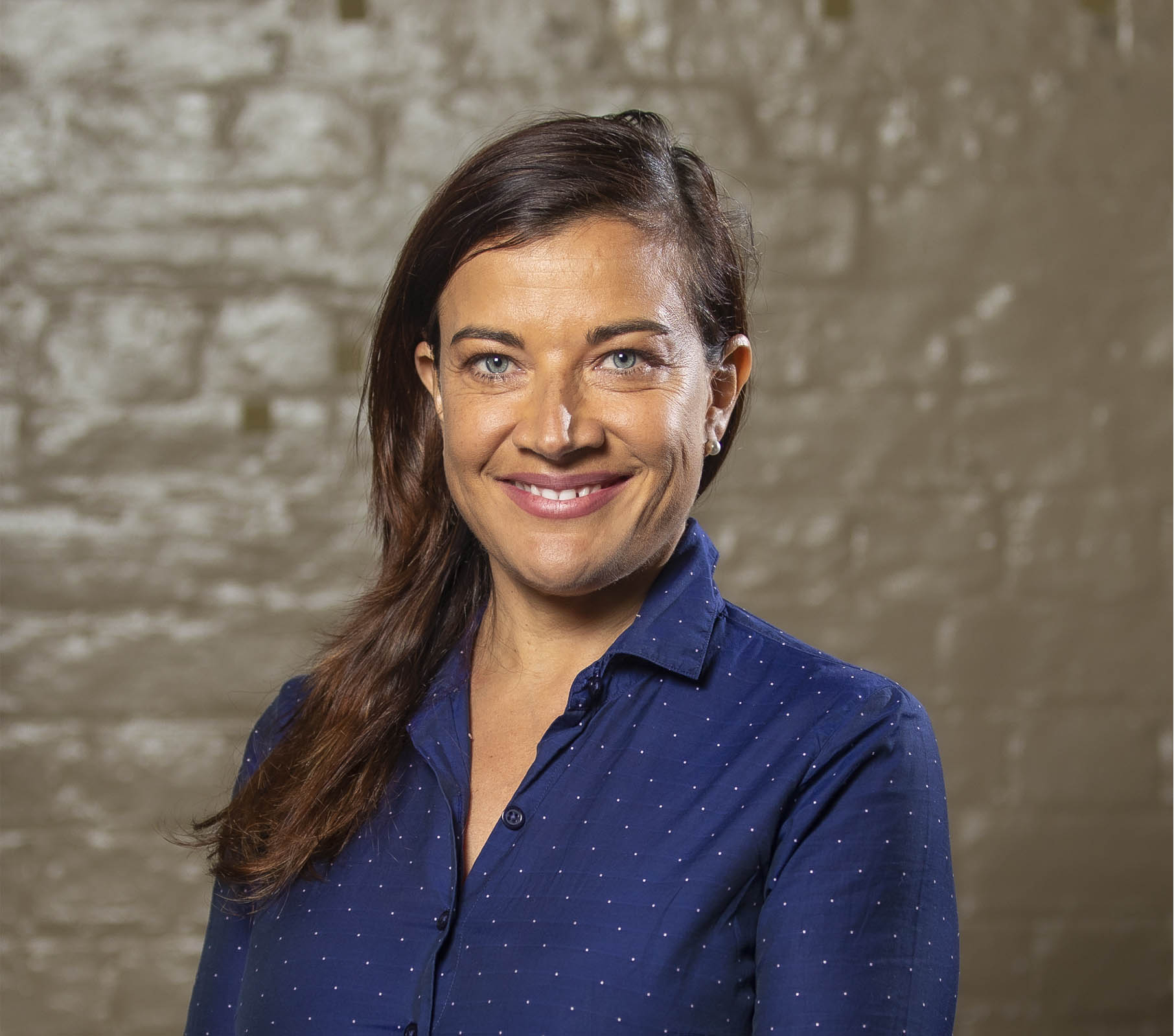9 August 2021: Leading designer, director and entrepreneur Alison Page will chair the Economic Participation of Indigenous Communities (EPIC) Cooperative Research Centre (CRC) as it journeys to its submission phase – and beyond.
Led by the University of Canberra, the EPIC CRC bid has Reconciliation Australia as its guiding industry partner.
Its work will build on one of the pillars of Reconciliation – for Aboriginal and Torres Strait Islander people to participate equally in a range of life opportunities, and for their unique rights to be recognised and upheld.
The EPIC CRC will boost Australian Indigenous peoples’ equitable participation in the Australian economy, with planned activities including research, pathway programs in key economic sectors, capacity-building exercises, and the development of support mechanisms for the ownership and self-determination of Indigenous businesses.

A descendant of the Walbanga and Wadi Wadi people of the Yuin Nation, Ms Page is a tireless champion of Aboriginal culture and identity through her creative design work and filmmaking.
“Ms Page’s background and experience as an entrepreneur and business owner make her an outstanding chairperson to lead such a CRC,” said Professor Peter Radoll, the University’s Pro Vice-Chancellor, Indigenous, and Acting CEO of the EPIC CRC.
Ms Page said that there are vast opportunities to increase the economic participation of Aboriginal and Torres Strait Islander peoples, and the EPIC CRC would be vital to realise them.
“The EPIC CRC has consulted widely with communities, industry and academic institutions to develop a really impressive R&D program. Indigenous foods and botanicals, traditional knowledge and Intellectual Property, and Indigenous-owned assets can all be supercharged to deliver both economically and culturally for Indigenous Australians.
“The opportunities in First Foods and botanicals need both R&D and policy change to reach their potential – a CRC is the best possible way to bring together the necessary businesses, regulators and policymakers.
“Likewise, we are setting high ambitions for service industries like tourism, to ensure that significant positive change occurs in the lead-up to the 2032 Brisbane Olympics. In that decade, we will also see more land returned to Indigenous ownership and a simultaneous decarbonisation of the economy. First Nations people want to be full economic players in that transition, as land is needed for carbon farming and renewable resources.”
Ms Page takes over from Dr Tony Peacock, the former CEO of the CRC Association.
“The economic case for this excellent CRC is very powerful and even more importantly, it feels like the right timing,” Dr Peacock said.
“CRCs have to be industry-led, and I’ve never seen a group of businesses that were clearer about the R&D they need. Regulators in food and intellectual property as well as state governments are all seeing the opportunity here, and this bid has real momentum.”
Photo by Joseph Mayers.


